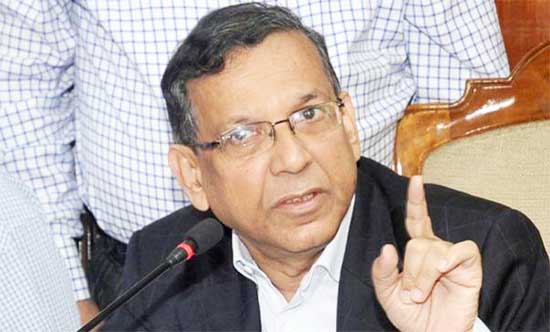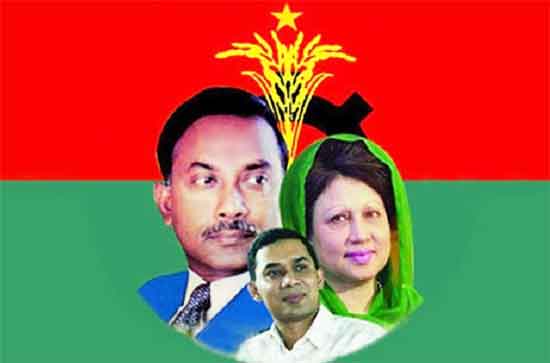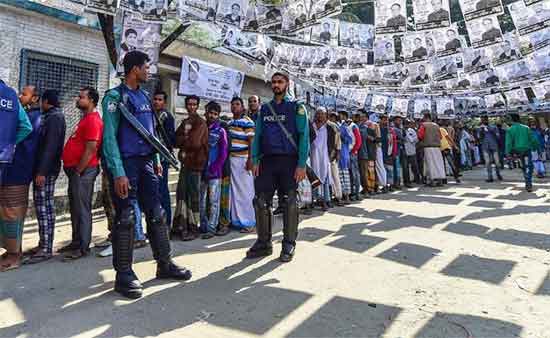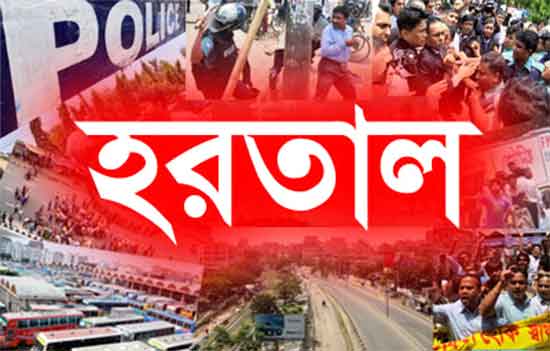
The All-India Muslim League was one of the most influential political entities in the Indian subcontinent's history. Established in 1906, it played a crucial role in the socio-political landscape of British India and, later, in the creation of Pakistan. Its legacy is profound, impacting the political, social, and cultural narratives of the region to this day. The league's journey from inception to its significant historical milestones reveals a powerful legacy that warrants a detailed exploration.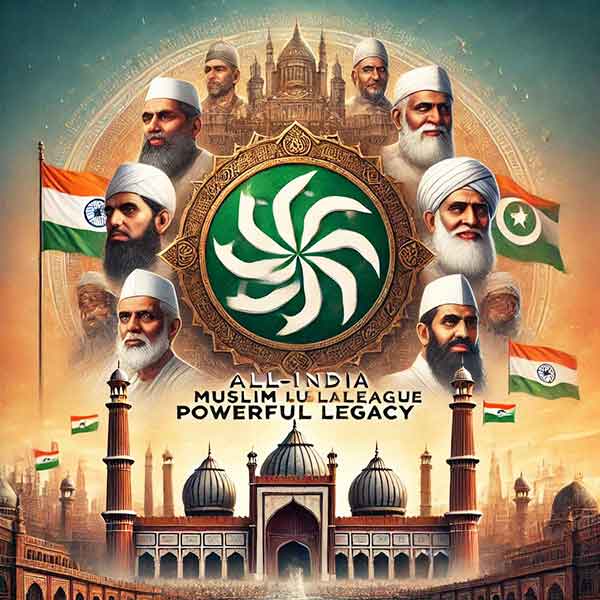
Origins of the All-India Muslim League
The All-India Muslim League was founded in Dhaka (now Dhaka, Bangladesh) in response to the growing need for a political organization representing the interests of Muslims in India. The early 20th century was a time of significant political unrest and transformation, with the Indian National Congress gaining momentum in its fight for independence from British rule. However, many Muslims felt marginalized within the Congress, leading to the establishment of a separate entity to voice their concerns and aspirations.
Key Objectives and Early Years
The primary objectives of the All-India Muslim League were to promote loyalty to the British government, protect and advance the political rights and interests of Muslims, and prevent the rise of communal tensions. The league's early years were marked by efforts to consolidate Muslim representation and influence within the larger political framework of British India.
One of the league's first significant achievements was the demand for separate electorates for Muslims, which the British granted through the Morley-Minto Reforms of 1909. This milestone ensured that Muslims had a distinct and significant voice in legislative matters, setting the stage for future political developments.
Leadership and Ideological Evolution
The leadership of the All-India Muslim League played a pivotal role in shaping its ideology and political strategies. Prominent leaders like Sir Aga Khan, Maulana Muhammad Ali Jauhar, and later, Muhammad Ali Jinnah steered the league through turbulent times. Jinnah, in particular, emerged as a charismatic and visionary leader whose advocacy for the rights of Muslims became synonymous with the league's mission.
Under Jinnah's leadership, the league's ideology evolved to emphasize the distinct identity and rights of Muslims within a predominantly Hindu society. The demand for a separate nation for Muslims gained traction, culminating in the historic Lahore Resolution of 1940, which called for independent states for Muslims in the northwestern and eastern zones of India.
Role in the Independence Movement
The All-India Muslim League was instrumental in the Indian independence movement, often working alongside and, at times, in opposition to the Indian National Congress. While the Congress pushed for a unified, secular India, the league advocated for the creation of a separate Muslim state. This ideological divergence led to intense negotiations and political maneuvers, ultimately resulting in the partition of India in 1947.
The partition was a momentous event that not only created Pakistan but also led to one of the largest migrations in human history, with millions of people crossing borders amidst communal violence. The legacy of the partition, marked by its tragic human cost, continues to shape the political and social dynamics of the region.
Formation of Pakistan and Post-Independence Impact
The creation of Pakistan on August 14, 1947, was the culmination of the All-India Muslim League's efforts. Pakistan emerged as a sovereign nation with Jinnah as its first Governor-General. The league's vision of a separate homeland for Muslims had been realized, but the challenges of nation-building were immense.
In Pakistan, the league transitioned into the Pakistan Muslim League, continuing to play a vital role in the country's political landscape. However, the party faced internal conflicts and ideological shifts, leading to the emergence of various factions over the years.
Political Parties of Bangladesh
The legacy of the All-India Muslim League also extends to Bangladesh. Initially part of Pakistan, East Pakistan's struggle for autonomy eventually led to the creation of Bangladesh in 1971. The political dynamics in Bangladesh were influenced by the league's earlier efforts to secure Muslim representation and identity. The contemporary Political Parties of Bangladesh, including the Bangladesh Awami League and the Bangladesh Nationalist Party, reflect the complex interplay of historical legacies and modern political challenges.
Cultural and Social Influence
Beyond politics, the All-India Muslim League had a profound impact on the cultural and social fabric of the subcontinent. The league's emphasis on Muslim identity fostered a sense of unity and pride among Muslims, influencing literature, arts, and education. Institutions established by league leaders and supporters continue to contribute to the intellectual and cultural life of the region.
Challenges and Criticisms
The All-India Muslim League's legacy is not without controversy. Critics argue that the league's policies and the demand for a separate Muslim state exacerbated communal tensions and led to the violent partition. The league's focus on religious identity over a secular, unified national identity is often debated in historical and political discourse.
Enduring Legacy
Despite the criticisms, the All-India Muslim League's legacy endures in the form of its significant contributions to the political and social landscape of South Asia. The creation of Pakistan, the shaping of Muslim identity, and the political mobilization of an important demographic group are testaments to the league's lasting impact.
The league's history offers valuable lessons on leadership, political strategy, and the complexities of identity politics. As contemporary South Asia navigates its challenges, the legacy of the All-India Muslim League remains a relevant and influential chapter in the region's history.
#AllIndiaMuslimLeague #BritishIndia #PartitionOfIndia

